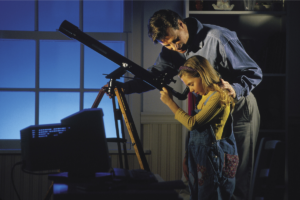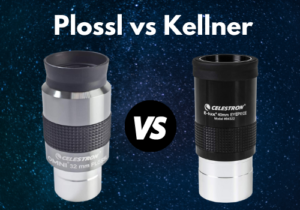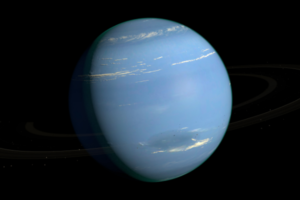17 Fascinating Facts About The Universe That Will Rock Your World
The universe is certainly a fascinating place to study. Scientists have discovered ice-spewing volcanoes on Pluto, while Mars is home to a truly “grand” canyon the size of the United States. There may even be a giant, undiscovered planet lurking somewhere beyond Neptune.
Beyond our solar system lie innumerable stars, planets, black holes, and many other phenomena that have yet to be explored.
Read on to find out some of the strangest facts about constellations, planets, dwarf planets, comets and other incredible objects around the universe.
The sun is 400 times larger than the moon but is 400 times further away from Earth, making them appear the same size.
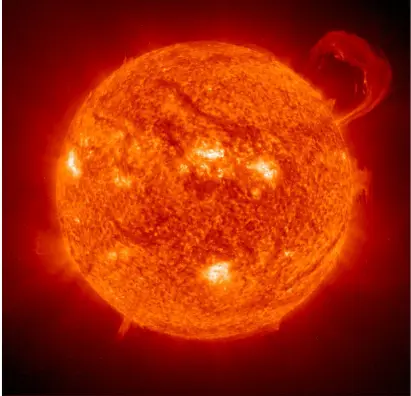
Way up beyond our atmosphere, there’s a gas cloud made from alcohol about 1,000 times the diameter of our entire solar system. There’s enough alcohol there to supply 300,000 pints of beer every day to every single person on Earth for the next billion years. Cheers!
A single day on Venus is longer than an entire year on Earth.
You can’t walk on Jupiter, Saturn, Uranus or Neptune because they have no solid surface.
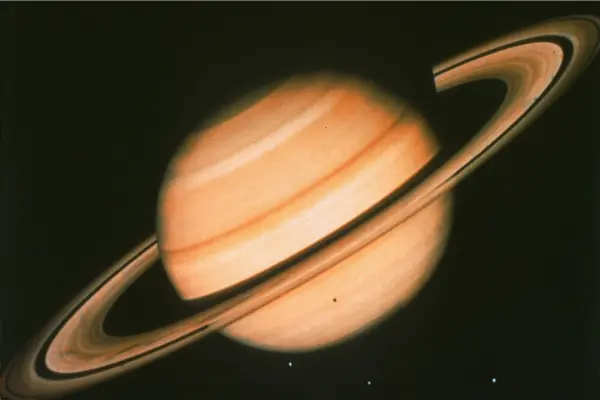
If two pieces of the same type of metal touch in space, they will bond and be permanently stuck together.
This amazing effect is called cold welding. It happens because the atoms of the individual pieces of metal have no way of knowing that they are different pieces of metal, so the lumps join together.
If you ever stepped on the moon, your footprints would remain there forever. Since the moon doesn’t have an atmosphere, there’s no wind or water to erode or wash away the footprint on the moon.
That means their footprints, roverprints, spaceship prints, and discarded materials will stay preserved on the moon for a very long time.
Related:
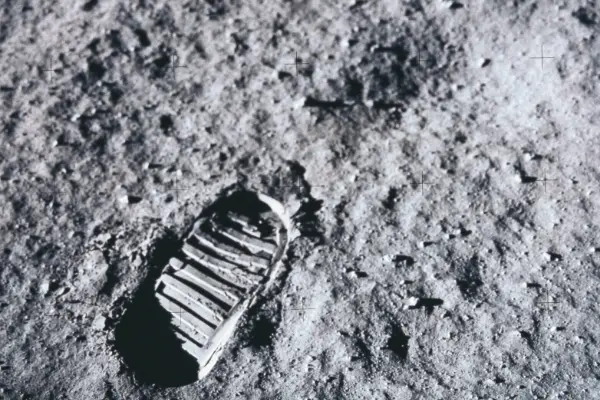
There is an uncountable number of stars in the known universe. We basically have no idea how many stars there are in the universe. Right now we use our estimate of how many stars there are in our own galaxy, the Milky Way.
We then multiply that number by the best estimate of the number of galaxies in the universe. After all that math, NASA can only confidently say that there are zillions of uncountable stars. A zillion is any uncountable amount.
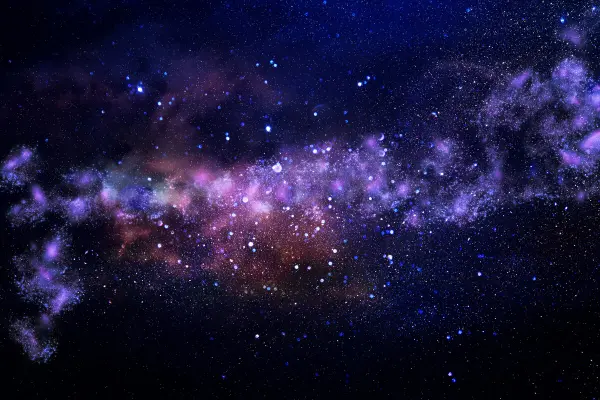
One light year, which is the distance light travels in a year, is equal to about 5,880 billion miles. Andromeda, the nearest major galaxy to the Milky Way, is almost three million light years away.
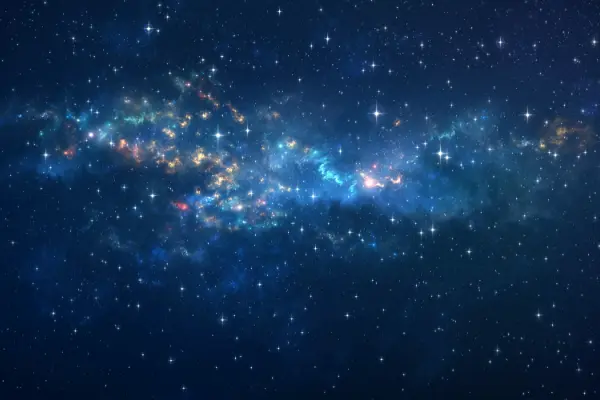
Olympus moon, which is 3 times higher than Mount Everest, is the highest mountain known to man and is located on Mars.
An asteroid about the size of a car enters Earth’s atmosphere roughly once a year – but it burns up before it reaches us.
Our Sun is only one of about four hundred billion stars in the Milky Way galaxy, and the Hubble telescope has revealed that the Milky Way is only one of at least 100 billion galaxies in the universe.
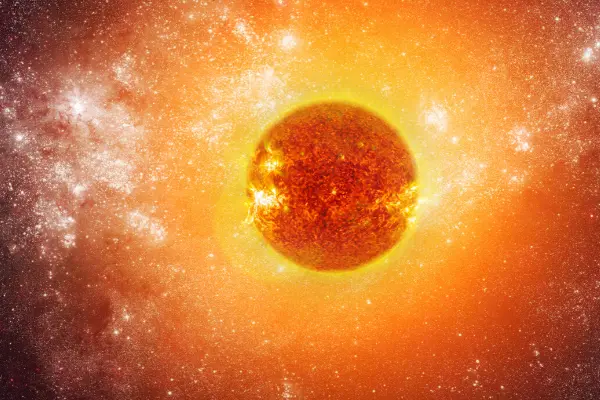
Our star, the sun, is so dense that it accounts for a whopping 99 percent of the mass of our entire solar system. That’s what allows it to dominate all of the planets gravitationally.
When the sun dies, it will become a red giant and envelop the Earth and everything on it. But don’t worry, That won’t happen for another 5 billion years.
About a million duplicates of Earth could comfortably fit inside the sun. And if the sun didn’t supply our main energy, we’d be shivering in the dark; its core releases energy that is the equivalent of 100 billion nuclear bombs.
It takes a whopping 230 million years for our solar system to complete one single orbit around the Milky Way.
This means, the last time our solar system was in its current position around the Milky Way, the earliest dinosaurs were first roaming the Earth.
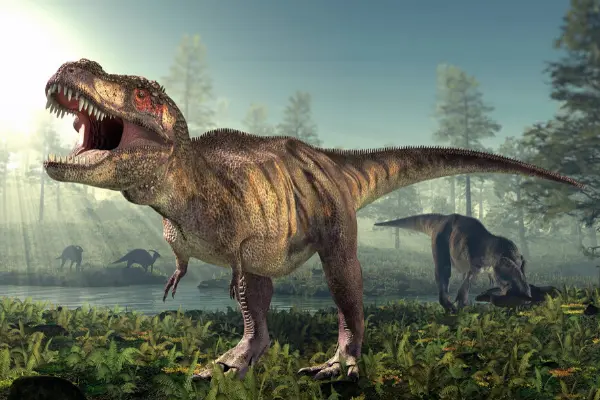
Stargazing is like looking into the past. Since stars are so far away and their light takes so long to reach Earth, it’s possible the star you’re looking at is already dead.
Astronomer is an anagram of moon-starer.
ABOUT US
We are a team of active amateur astronomers, here to help you with all your astronomy and science related needs – this is anything, from reviewing the latest telescopes to be released to talking about gravity and neurons. The Big Bang Optics was started because of our love for astronomy and to help others like us find the best telescope and accessories.
LEGAL DISCLAIMER
The Big Bang Optics is a participant in the Amazon Services LLC Associates Program, an affiliate advertising program designed to provide a means for sites to earn advertising fees by advertising and linking to Amazon.com. The Big Bang Optics also participates in affiliate programs with Clickbank and other sites. The Big Bang Optics is compensated for referring traffic and business to these companies.

